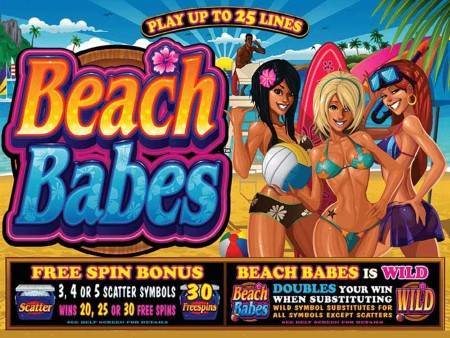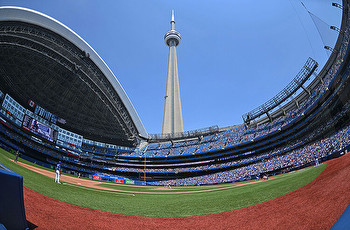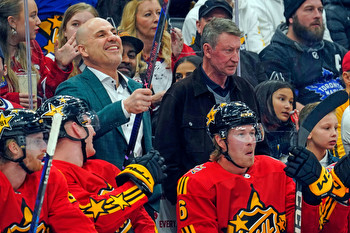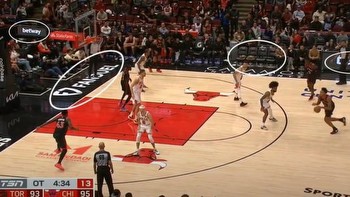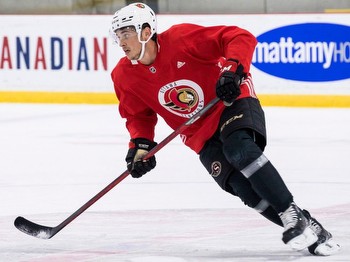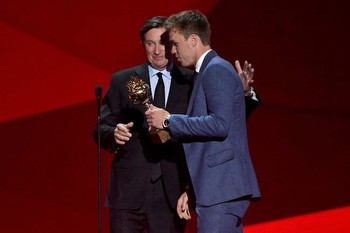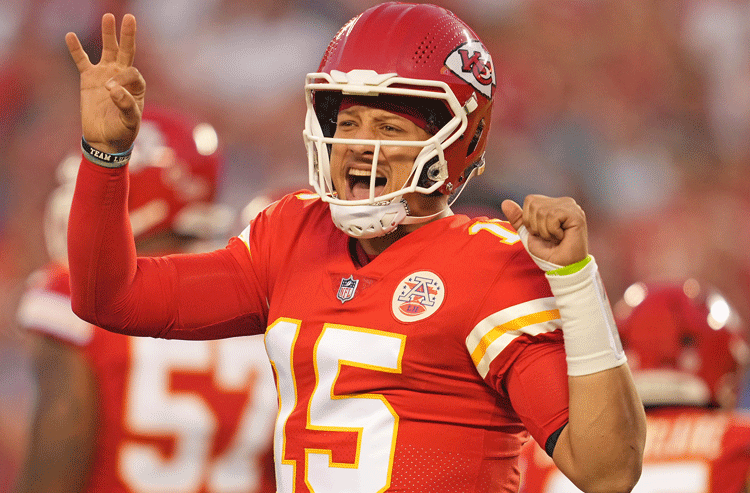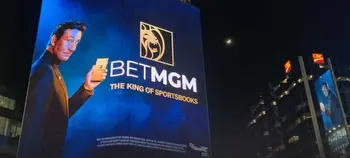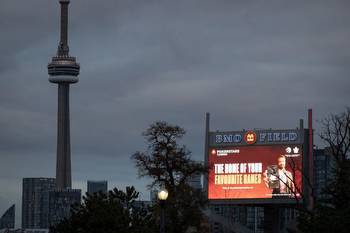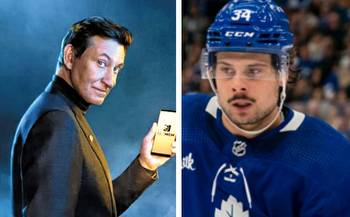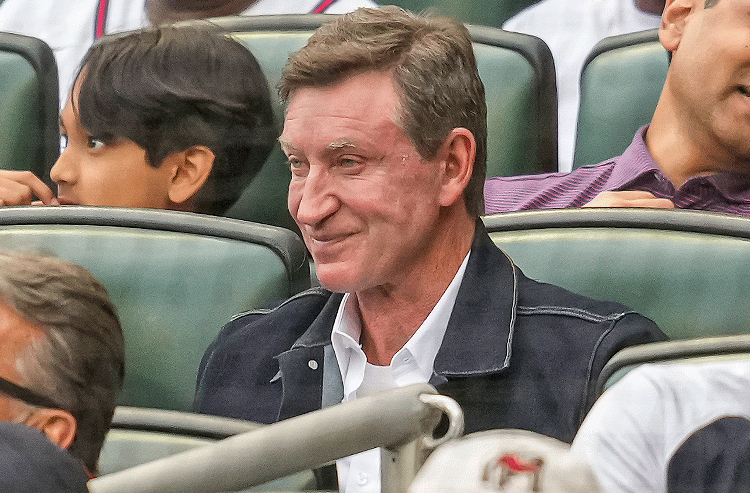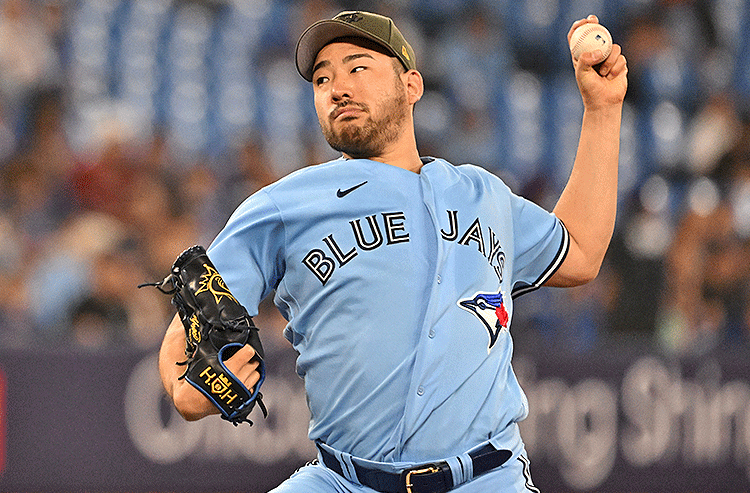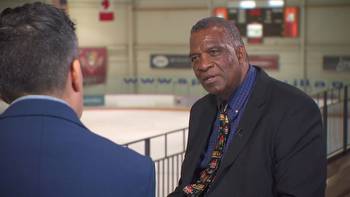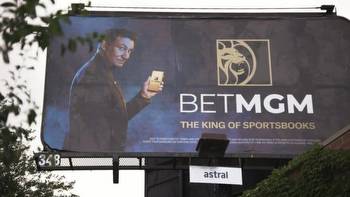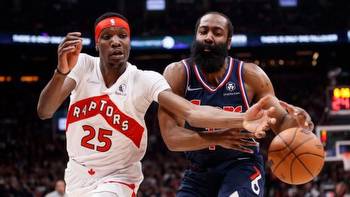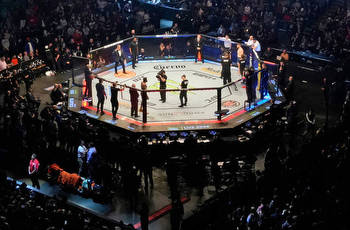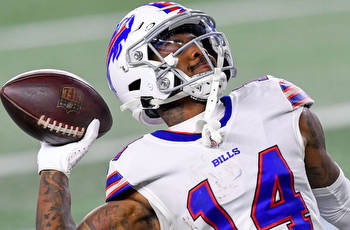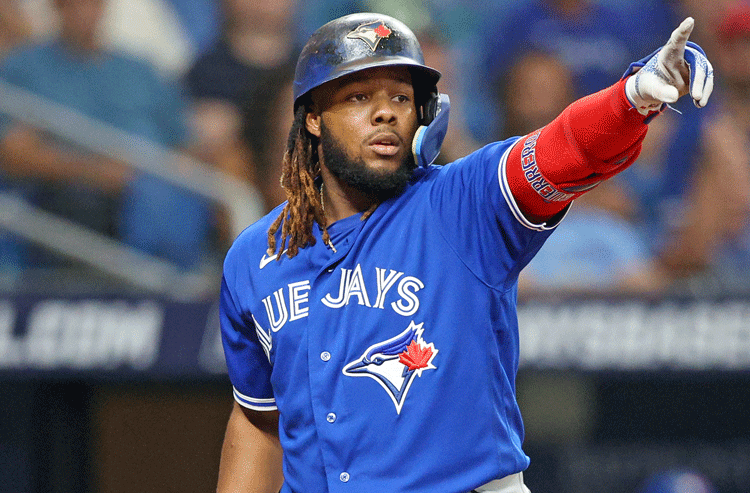LeBrun: NHL’s gambling issue is about to be much bigger than Shane Pinto
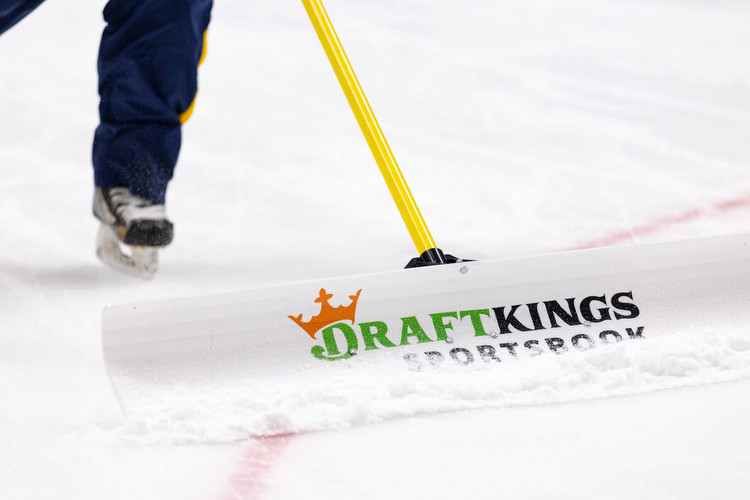
It’s low-hanging fruit, but so fitting: Of course the first NHL player suspended for online sports betting plays for the team that was the first in the NHL to have a gambling company sponsor on its helmet.
But all jokes aside — and Shane Pinto’s 41-game suspension, announced Thursday, is no laughing matter — the conversation we all need to be having right now goes way beyond a mistake from a 22-year-old athlete.
The league emphasized in its brief statement on the suspension that it found no evidence that Pinto bet on NHL games, but whatever evidence the league did find in his wagering activity merited a suspension that neither the player nor the players’ association balked at.
The NHL announced today that it has suspended Shane Pinto for 41 games for activities relating to sports wagering. https://t.co/AvOhmVCVOcpic.twitter.com/3jI32Wu4T2
— NHL Public Relations (@PR_NHL) October 26, 2023
There’s been much speculation about what might have happened here, but neither the NHL, NHL Players’ Association nor anyone close to the player wanted to confirm any details Thursday.
None of those details, though, would change what I want this column to be about anyway.
In a world now increasingly open to legalized online sports betting, did we set up a young man like Pinto to fail?
I’m not letting Pinto off the hook at all here. He clearly crossed the line. His statement Thursday said he took “full responsibility,” and again, the NHLPA isn’t fighting this. The player clearly erred.
But was anyone truly shocked to hear the news that an NHL player finally got suspended for this?
We now live in a world where legalized online sports gambling surrounds us 24/7. The league, its teams and the NHLPA benefit from it financially, as do sports television networks on both sides of the border. And yes, full disclosure, I should point out that I also work for TSN, which is among the beneficiaries and has a partnership with FanDuel. And further full disclosure, I obviously also work for The Athletic, which has a partnership with BetMGM and publishes a large amount of content on sports gambling.
And don’t get me wrong, the networks and content providers have a right to make money off gambling. It’s legal, after all.
But I think this Pinto suspension serves as an opportunity to ask more important questions. Because I truly believe that people, especially in his age group, are vulnerable to the allure of online sports gambling. I’ve seen it with my own eyes with people in their 20s.
And I mean, I’m no angel myself. I’m in three fantasy football leagues, which I love. I even wrote a story for The Athletic in early September asking players about the fantasy leagues within NHL dressing rooms, because I knew the players would love talking about that stuff.
But there’s fantasy football, and there’s the online single-game and prop betting that’s all the rage now. Here in Ontario, it’s been everywhere since the government opened the floodgates and legalized it.
All of which brings me to something that happened on Aug. 29.
From the news release that day:
“The Alcohol and Gaming Commission of Ontario (AGCO) has updated the Registrar’s Standards for Internet Gaming to prohibit the use of athletes in internet gaming (igaming) advertising and marketing in Ontario. The standards have also been strengthened to restrict the use of celebrities who would likely be expected to appeal to minors. These new restrictions will come into effect on February 28, 2024.
“Following the first year of Ontario’s open, regulated igaming market, the AGCO identified advertising and marketing approaches that use athletes, as well as celebrities with an appeal to minors, as a potential harm to those under the legal gaming age and is taking this step to reduce the risk. In April 2023, the AGCO held consultations on its proposal to ban such ads and received submissions from a broad range of stakeholders including mental health and public health organizations, responsible gambling experts, gaming operators, broadcast and marketing groups, and the public. Following these consultations, the AGCO has determined that prohibiting the use of athletes and restricting celebrity endorsements would help safeguard children and youth who can be particularly susceptible to such advertising content.”
Here’s the full release. And a story from the Toronto Star that day.
Ontario’s provincial gambling watchdog had a meeting with NHL commissioner Gary Bettman as part of the process that led to developing these guidelines, which obviously affect pitchmen like Auston Matthews and Connor McDavid, among others.
Point being, clearly the AGCO has indications that the current level of online sports gambling promotion puts our younger generation at risk.
Again, Pinto is 22.
Now, let’s be clear, NHL players know the drill. They know the rules. NHL security every year makes gambling rules part of its reminders to players. The league in the past has also issued memos to teams and players reminding them. It is also something that has come up in conversations between NHLPA executive director Marty Walsh and the players during the NHLPA’s current fall tour.
But I guarantee you now that the Pinto incident has happened, the NHLPA for one will further look to educate its membership on all this.
Which is good.
But I ask the question again, have we created a world now, with legalized online sports gambling and athletes in their 20s, where we are just waiting for the next gambling suspension?
Many NHL teams have lucrative agreements with sports betting companies. It’s important revenue.
It’s all around us.
This is the ecosystem that’s been created.
Legalized online sports gambling is likely here to stay, and I’m fine with that. But there’s probably a path here to better contain it.
I don’t have all the answers. But I sure as hell know we need to ask the question.
